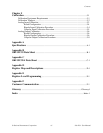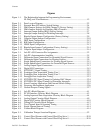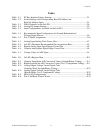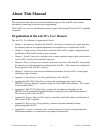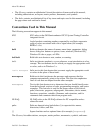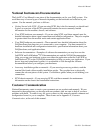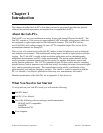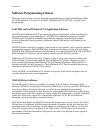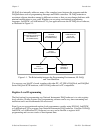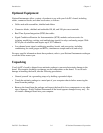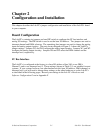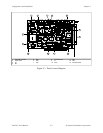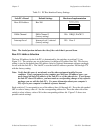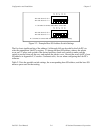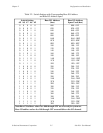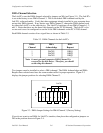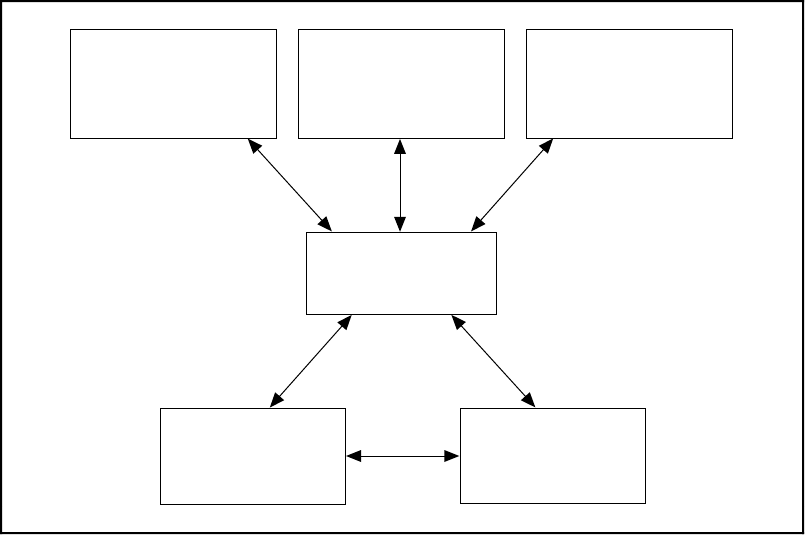
Chapter 1 Introduction
© National Instruments Corporation 1-3 Lab-PC+ User Manual
NI-DAQ also internally addresses many of the complex issues between the computer and the
DAQ hardware such as programming interrupts and DMA controllers. NI-DAQ maintains a
consistent software interface among its different versions so that you can change platforms with
minimal modifications to your code. Whether you are using conventional programming
languages, LabVIEW, or LabWindows/CVI, your application uses the NI-DAQ driver software,
as illustrated in Figure 1-1.
LabWindows/CVI
(PC or Sun
SPARCstation)
LabVIEW
(PC, Macintosh, or
Sun SPARCstation)
Conventional
Programming Environment
(PC, Macintosh, or
Sun SPARCstation)
NI-DAQ
Driver Software
DAQ or
SCXI Hardware
Personal
Computer or
Workstation
Figure 1-1. The Relationship between the Programming Environment, NI-DAQ,
and Your Hardware
You can use your Lab-PC+ board, together with other PC, AT, EISA, DAQCard, and DAQPad
Series DAQ and SCXI hardware, with NI-DAQ software for PC compatibles.
Register-Level Programming
The final option for programming any National Instruments DAQ hardware is to write register-
level software. Writing register-level programming software can be very time-consuming and
inefficient and is not recommended for most users.
Even if you are an experienced register-level programmer, consider using NI-DAQ, LabVIEW,
or LabWindows/CVI to program your National Instruments DAQ hardware. Using the NI-DAQ,
LabVIEW, or LabWindows/CVI software is as easy and as flexible as register-level
programming and can save weeks of development time.



